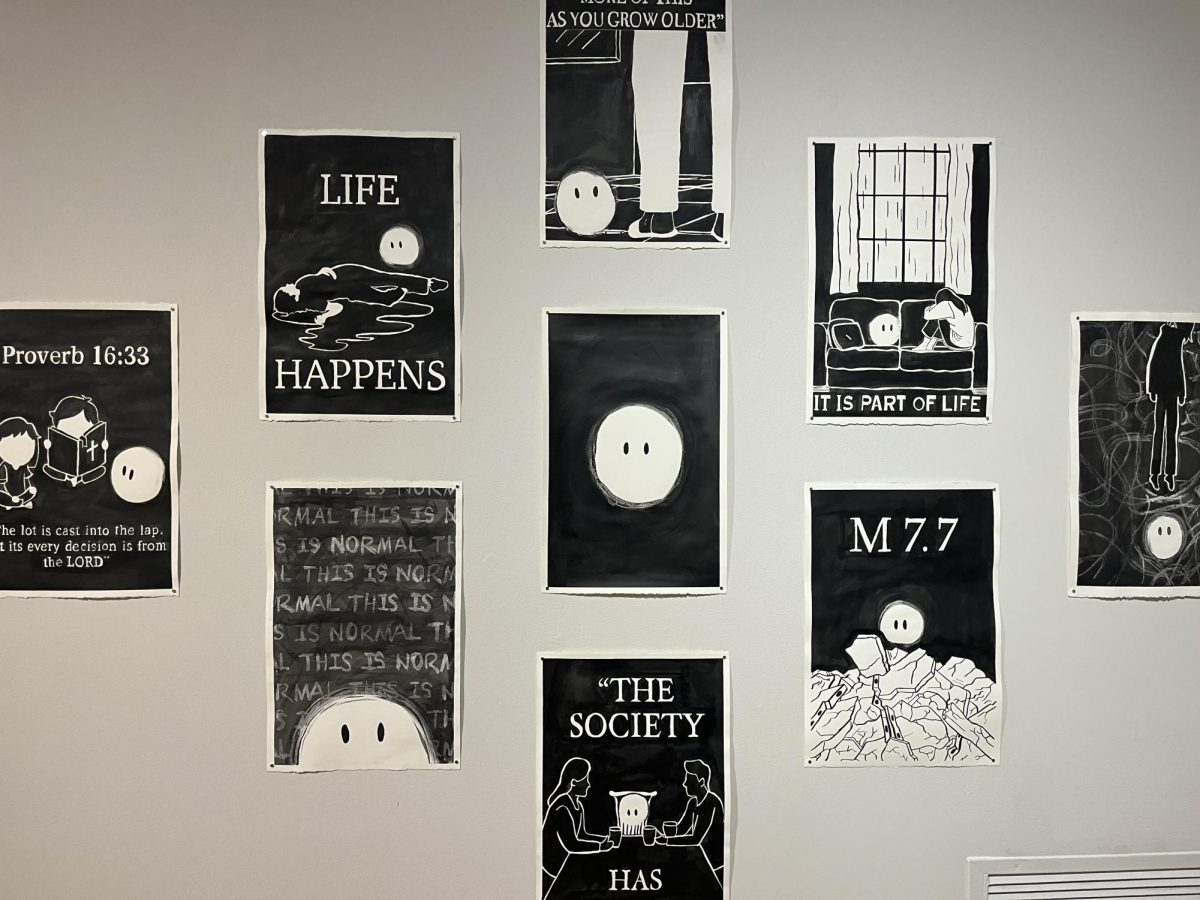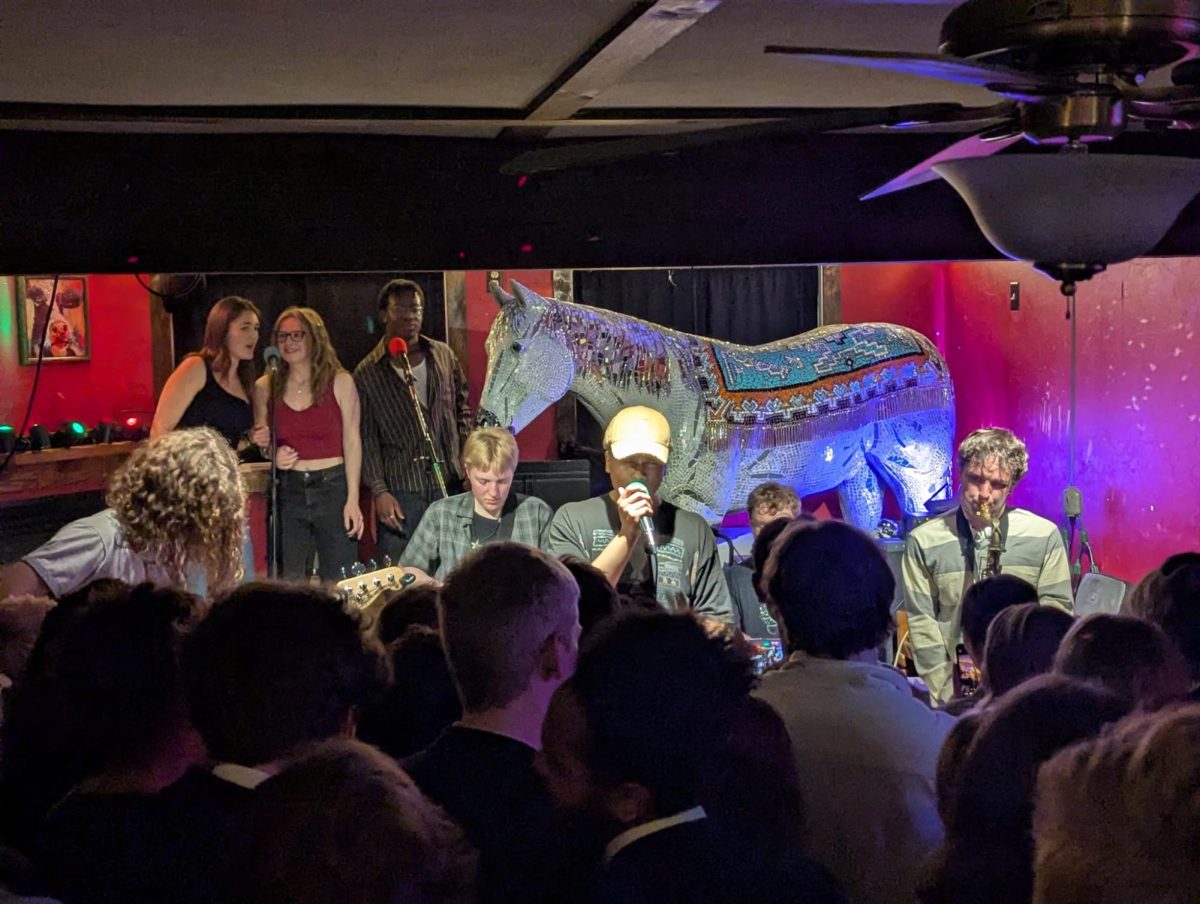April 28 and 29 marks the run of the St. Olaf Muse Project’s first full production: Twelfth Night, by William Shakespeare. The show will run in the Flaten Art Barn on its first night and in Rolvaag 520 on its second night. Jenna McKellips ’16 founded The Muse Project, an all-female student theater group.
McKellips describes the group’s origin as an attempt to provide more female roles in theatrical productions on campus.
“I was disappointed by the lack of female leads for theater students at St. Olaf and formed Muse Project as an attempt to provide that opportunity for anyone that identifies as female,” McKellips said.
By adapting the original script of Shakespeare’s Twelfth Night to an all-female cast, McKellips seeks to explore and raise questions about the socially performative aspects of gender roles. This production is one component of her current senior capstone project on Judith Butler and gender performance.
The Muse Project’s first production last year featured a performance of original scripts, and McKellips is excited to add a Shakespearean piece to their list of productions. She hopes that the Muse Project will continue under new student-direction after she graduates this year.
Throughout the production process, McKellips and the cast have had frequent discussions on issues of gender performance in relation to the text and hope to get audiences engaged in similar conversations.
“I think the commentary on gender really comes out when you portray the script with an all-female cast. There are subtle behaviors and attitudes you have to adapt to when performing socially-coded male or female roles, and these become more noticeable in an all female cast,” Margaret Jacobson ’17, who plays the traditionally male role of Malvolio, said. “[McKellips and I] really explored gender power dynamics through body language. As my character experiences a loss of power throughout the play, I adjust my physicality so that I am performing more socially-coded feminine behaviors.”
Haley Woods ’16, who plays the character of the Feste, discussed how gender performance plays into her acting as well:
“Originally, the fool in Twelfth Night is a male character, but we’ve found the role lends itself well to a more gender fluid interpretation. By leaving Feste’s gender ambiguous, I think we call attention to the theme of gender that is woven throughout the show – that others’ perceptions of our gender are often based on the way we’ve been taught to perform our gender,” Woods said. “As Feste, I’ve tried to be conscious of moving and gesturing in more stereotypically masculine ways, while also finding moments to channel a more feminine energy. I hope [this will show] the audience that our preconceived ideas about gender aren’t nearly as important as the the things we do and the ways we identify.”
The production promises to be a fun and interactive experience for audiences.
Julia Pilkington ’17, who plays Maria, expressed her excitement for this unique run of performances.
“Muse Project’s Twelfth Night will be a fun blend of honoring the literary traditions of the text and adding modern flourishes that make it approachable to those who might otherwise avoid Shakespeare,” Pilkington said. “There will be free food, audience interaction, contemporary music, high energy choreography and lots of laughs to go around.”



